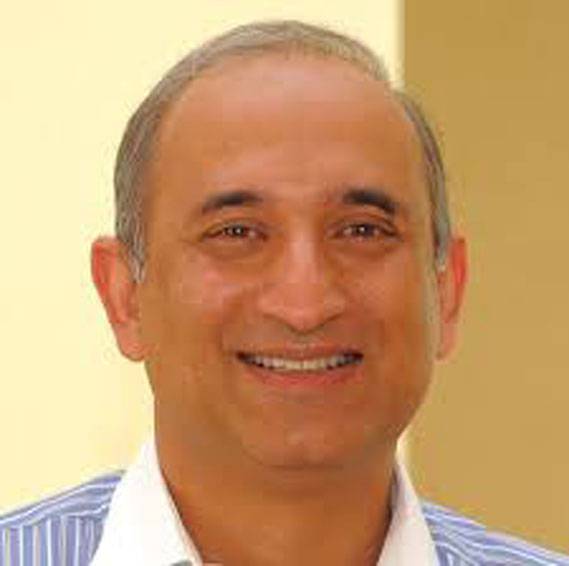Lahore - Minister of State and Chairman Board of Investment Haroon Sharif has said that Pakistan needs to double investment-to-GDP ratio to accelerate economic growth.
He was addressing at the LCCI. The Minister said that investment-to-GDP ratio in Pakistan is around 15 percent against 30 percent of Sri Lanka, Bangladesh and India. He said that macro-level target of 25 percent for investment-to-GDP is set for next five years. He said that country will have to take hard reforms to get rid of IMF. Focus on productivity, transfer of technology and job creation can help prevail-over economic challenges. He said that basic exports should be made value-added to get more benefits and to earn much-needed foreign exchange while tax-to-GDP ratio would have to be increased. He said that state-owned enterprises have posed various challenges for economy and this issue would have to be tackled.
It is a good sign that foreign investment is rising. There is a very good response from UAE, Saudi Arabia and Korea. About Special Economic Zones, he said that these need uninterrupted power, gas and flow of funds. He said that Chinese investors are very keen to come in. He said that local investors are in the heart of Prime Minister and facilitation for them is top priority of the government. “We need huge support from private sector as government cannot achieve economic goals alone”, he concluded.
The LCCI President Almas Hyder said that Total Investment to GDP in Pakistan needs to be enhanced to attain better rate of economic growth. Net Foreign Direct Investment for 2017-18 is only US Dollars 3.1 billion. Pakistan has to improve its investment climate to attract more FDI. The best way is to develop such investment strategy which is equally beneficial to local and foreign investors.
He said that the cost of doing business should be brought down to let the local industry survive against imported items. Government must take immediate steps in this connection to improve the competitive edge of our companies in international market. Elimination of regulatory duties on raw material lines and reduction in energy prices can bring instant results. He said that Special Economic Zones are being developed under CPEC all along its route. It is expected that huge number of new factories would be established in these SEZs and estimated creation of job opportunities would be created. He emphasized the need of industrial zoning of Lahore. It is not clear how many acres around Lahore will be acquired to set up SEZ especially keeping in view the future expansion and development for the next 20 years.
Almas Hyder said that BOI should plan to create a special window to provide cheap credit to startups and SMEs. It is worth mentioning that SME Financing as percentage of private sector financing in Pakistan is only 8.73 percent whereas the number of SME borrowers is only 163,696. The escalation in Pakistan’s Doing Business 2019 Ranking by 11 notches to 136th has portrayed a better image of Pakistan as an investment friendly destination. By way of introducing E-Portals in provincial and federal departments, all the services to stakeholders can be provided online. These arrangements will reduce undue paperwork and save a lot of time.
Khawaja Shahzad Nasir and Fahim-ur-Rehman Saigal said that improving the Paying Taxes Ranking, there is a need of reducing the total number of Tax Payments to 8 on the model of Malaysia to facilitate the business community. For example, there are certain labour related taxes like EOBI, Education Cess, PESSI, WPPF, WWF tax payments which should be clubbed. Moreover, Professional and Property Tax should also be clubbed together.
Almas Hyder said reduction in cost and time taken for documentary/border compliance through combining documents; like in Singapore where only 5 documents are required for import/export as compared to Pakistan where 13 documents are required for exports & 11 documents are required for imports.






